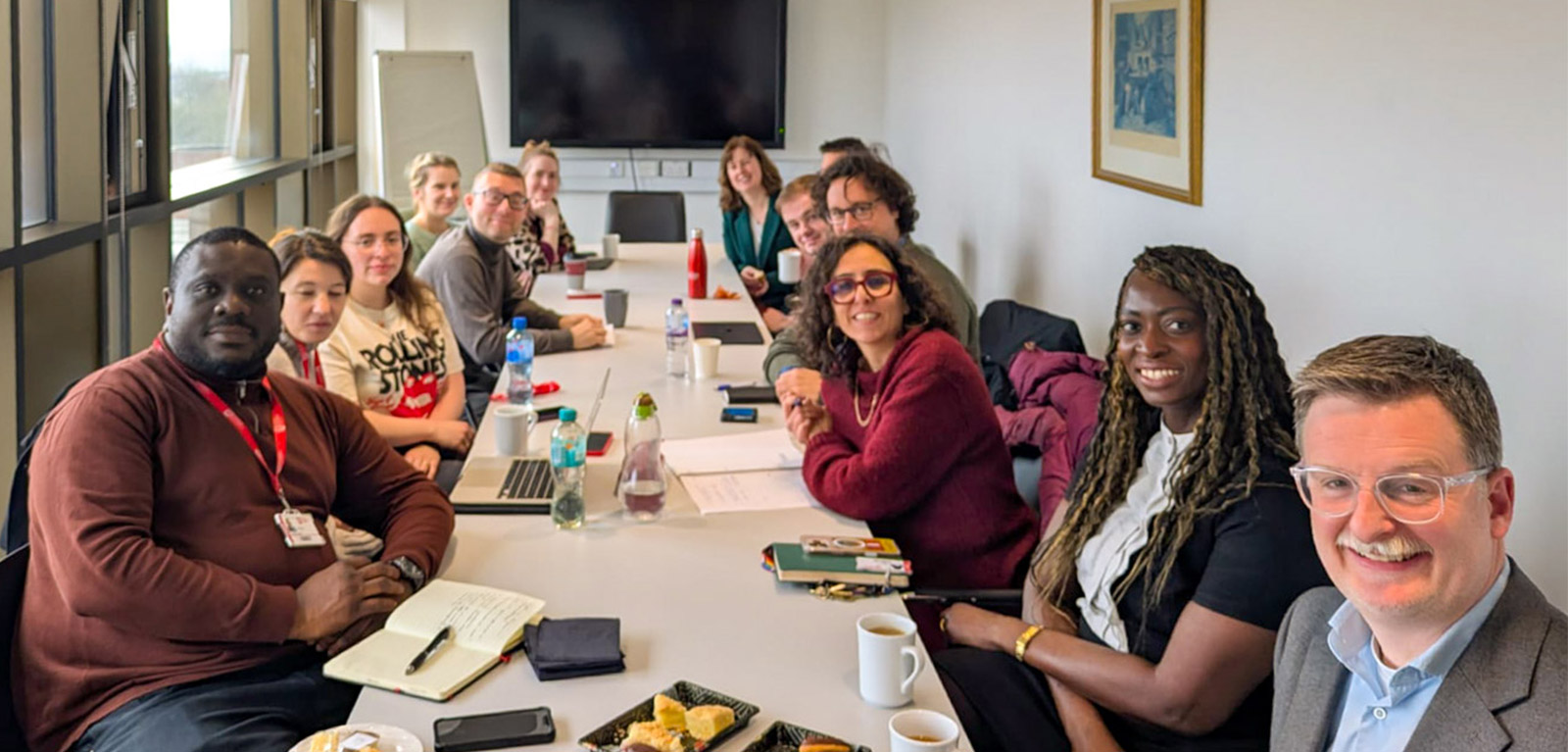About Us

The ICCJ maintains a broad interdisciplinary status. While the ICCJ was originally housed in the School of Law, it is now a cross-school research centre, drawing its members from the School of Law and School of Social Sciences, Education and Social Work. The ICCJ brings together academic staff, postdoctoral researchers and students who are interested in undertaking criminal justice related research and studying criminological topics. It fosters a supportive, collaborative, interdisciplinary culture in which its members develop their networks, learn from each other, share ideas, provide feedback and support each other. In addition, the ICCJ promotes the study of criminology and criminal justice within Queen’s University Belfast and teaching excellence on criminology and criminal justice courses within the University. Membership of the ICCJ is also open to those from other schools within Queen’s University Belfast who have an interest in criminology and criminal justice research.
The ICCJ enjoys partnerships and collaborations with other criminology and criminal justice research centres both nationally and internationally. Members of the ICCJ are represented in various national and international associations, such as the British Society of Criminology, the Irish Criminology Research Network, the European Society of Criminology, the Law and Society Association and the American Society of Criminology.
The day-to-day work of the ICCJ, such as event planning and collaborative research engagement, is the responsibility of the ICCJ Co-Directors Dr John Taggart from the School of Law and Professor Michelle Butler from the School of Social Sciences, Education and Social Work.
Mission of the ICCJ:
The mission of the ICCJ can be summarised as:
- To foster a supportive, collaborative, interdisciplinary environment within which to study and undertake research;
- To conduct, encourage and stimulate high quality research into criminology and criminal justice both in Northern Ireland and further afield;
- To identify models of best practice in criminal justice and criminological theorising and use this wherever possible to inform policy;
- To engage with various stakeholder groups including statutory agencies, legal professions and groups drawn from civil society and the voluntary sector;
- To contribute to teaching excellence across the criminology and criminal justice programmes at Queen’s University Belfast and to incorporate research-led teaching into the curriculum;
- To encourage the development of criminology and criminal justice as disciplines within Queen’s University Belfast and emphasise their continued disciplinary relevance to current and future students.
Research:
The Institute is highly productive in terms of its academic research. Besides projects and activities conducted under the aegis of the ICCJ, each member of the Institute has their own research interests and specialties. The research interests of ICCJ members are varied and reflect the imperatives of researching aspects of criminology and criminal justice in a post-conflict environment, such as that of Northern Ireland, but also focus on issues and themes that are of pressing national and international concern.
The depth and breadth of ICCJ members’ scholarly and policy work keep the Institute at the forefront of research and involvement in national, regional and international debates.
Research topics covered by ICCJ members include (but are not limited to):
- Anti-social and risk-taking behaviour
- Brexit and criminal justice cooperation
- Collateral consequences of criminal records
- Community safety
- Comparative criminal justice policy
- Criminological aspects of transitional justice
- Desistance and reintegration
- Substance abuse
- Green criminology
- International criminal justice
- Penal policy and practice
- Probation, parole and community-based corrections
- Policing and police reform
- Prostitution, sex trafficking and the regulation of commercial sex workers
- Imprisonment, prison reform and the experience of incarceration
- Psychosocial criminology
- Restorative justice
- Sentencing
- Sexual offending, sexual violence and harmful sexual behaviour
- Critical criminology
- Victimhood and victimology
- Youth crime
